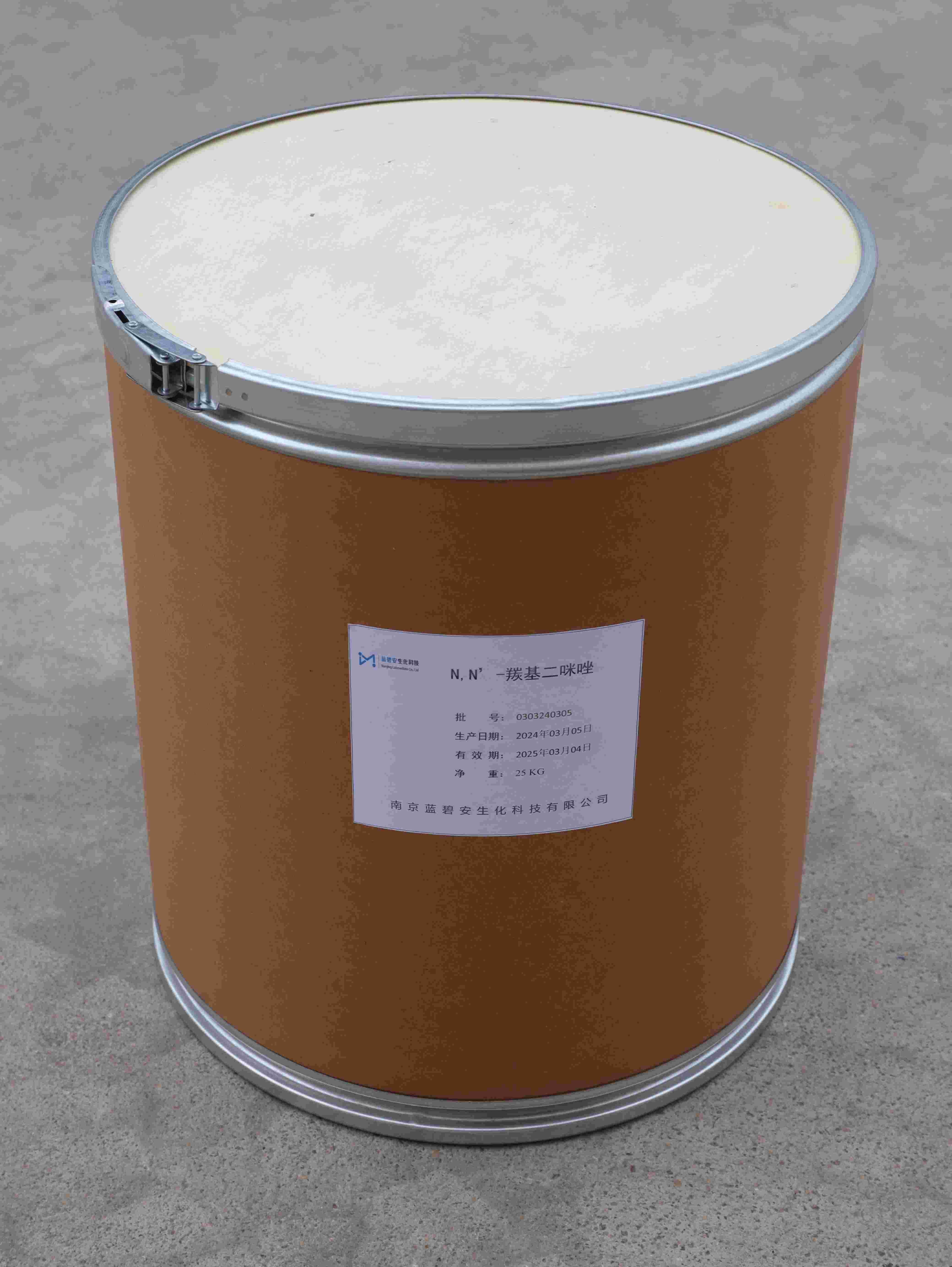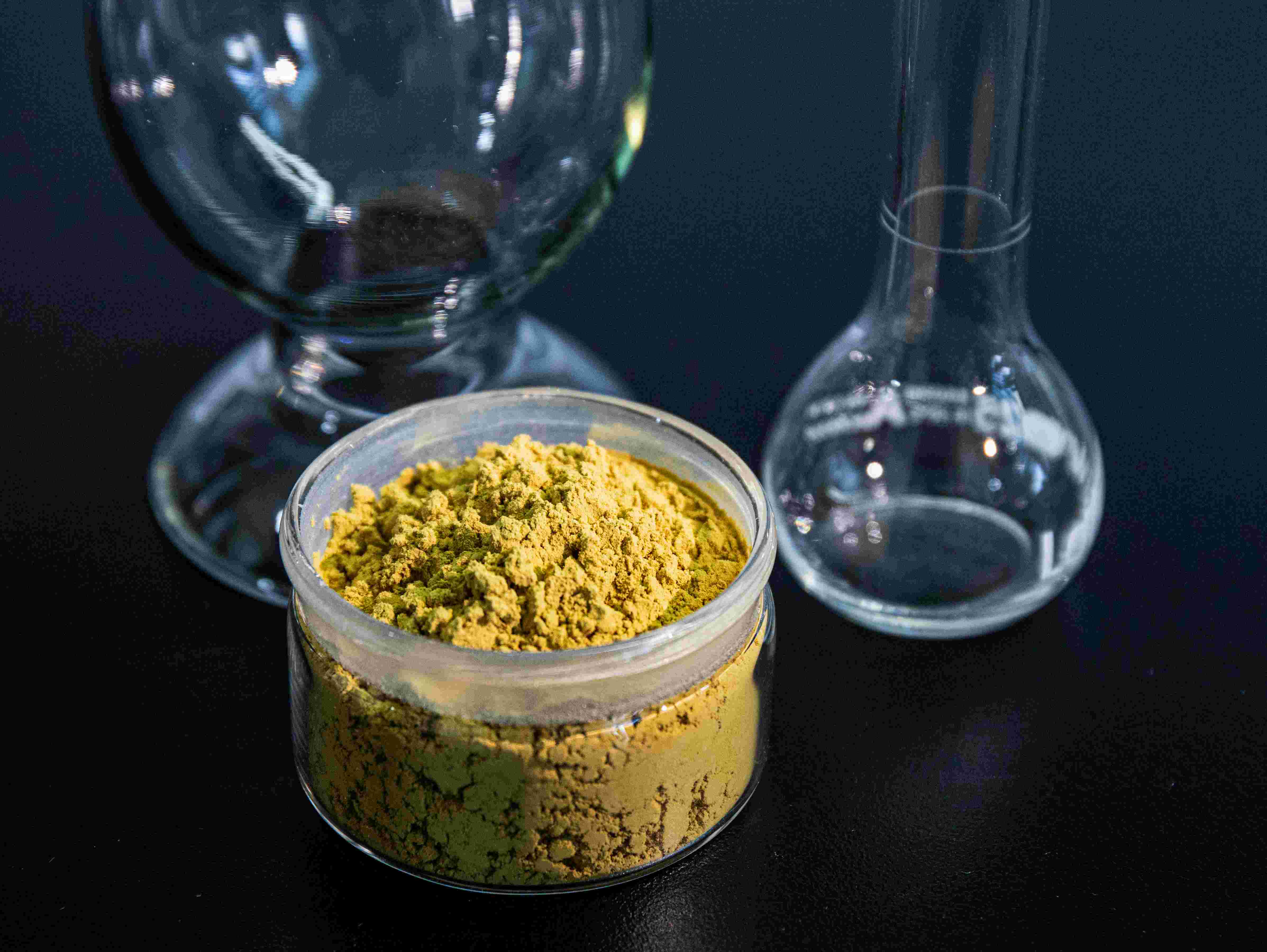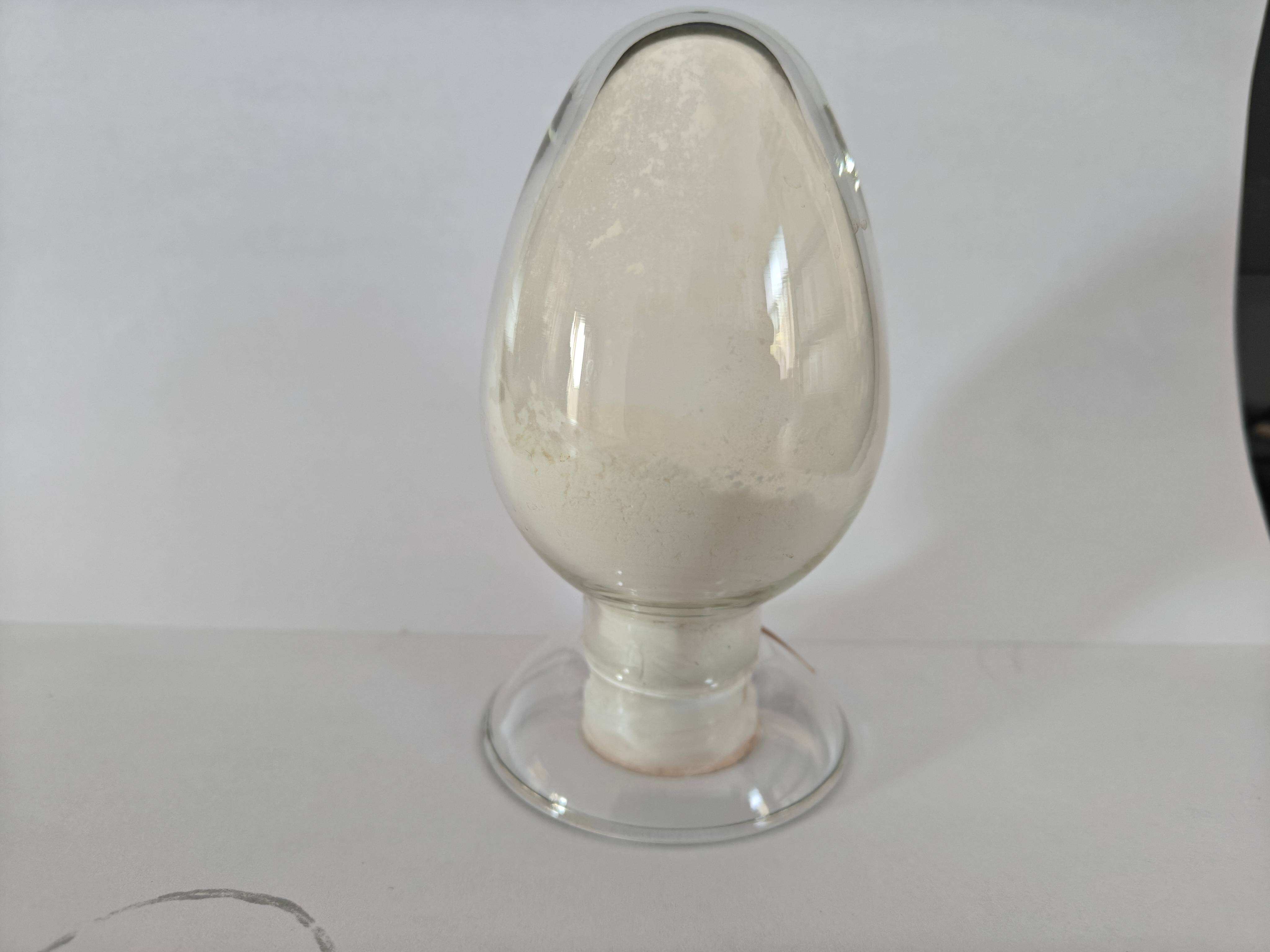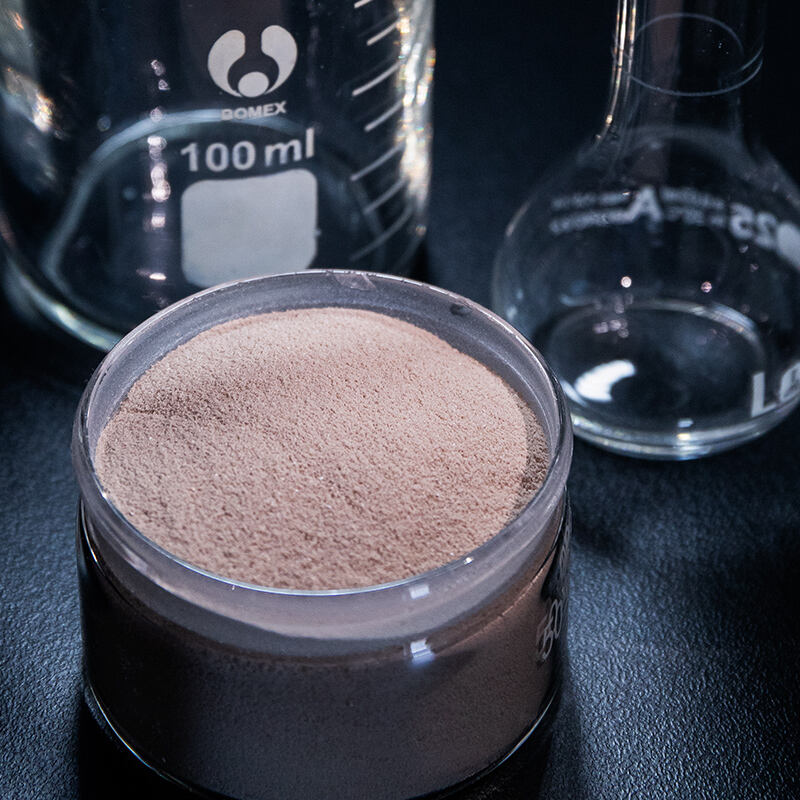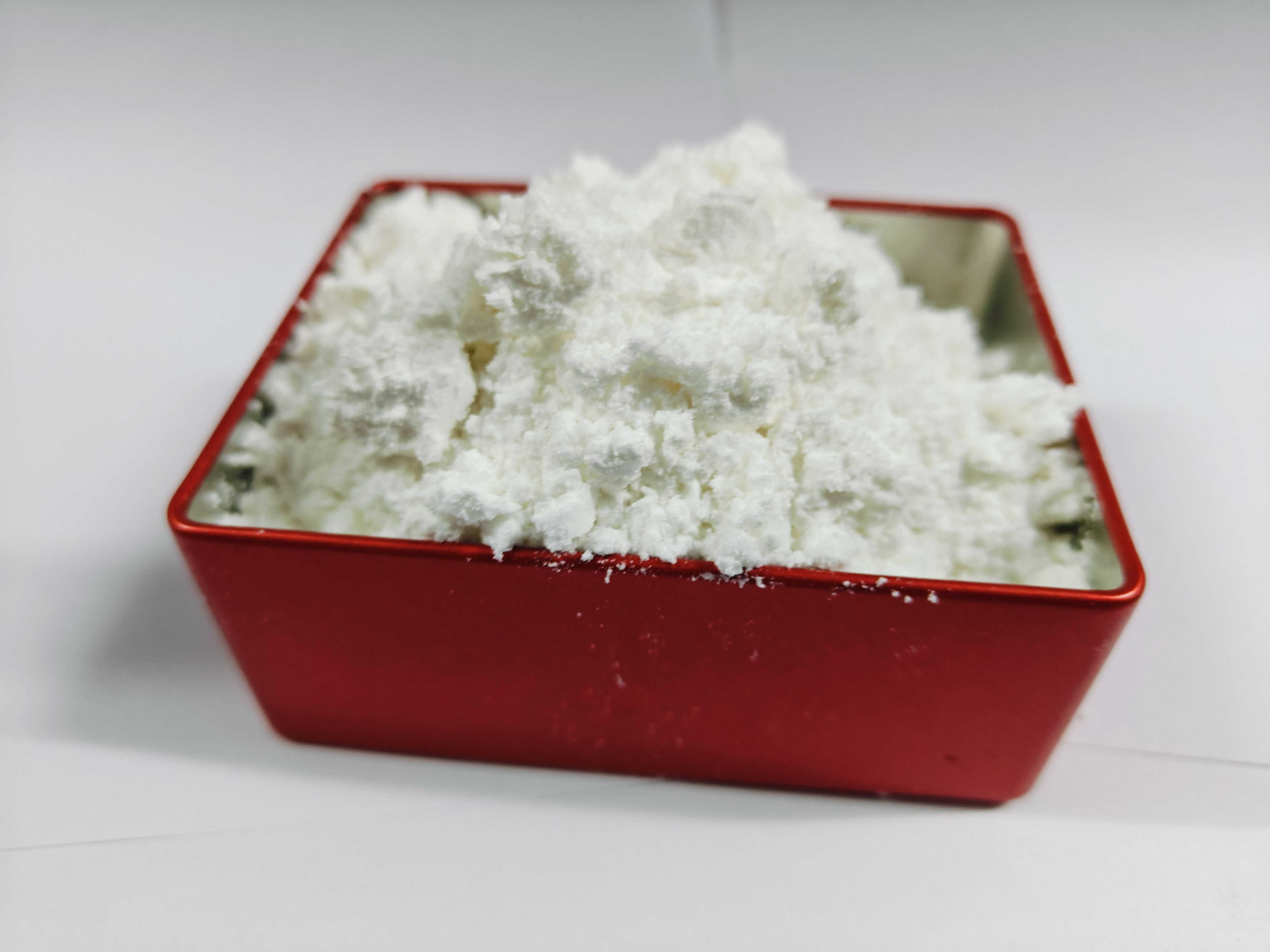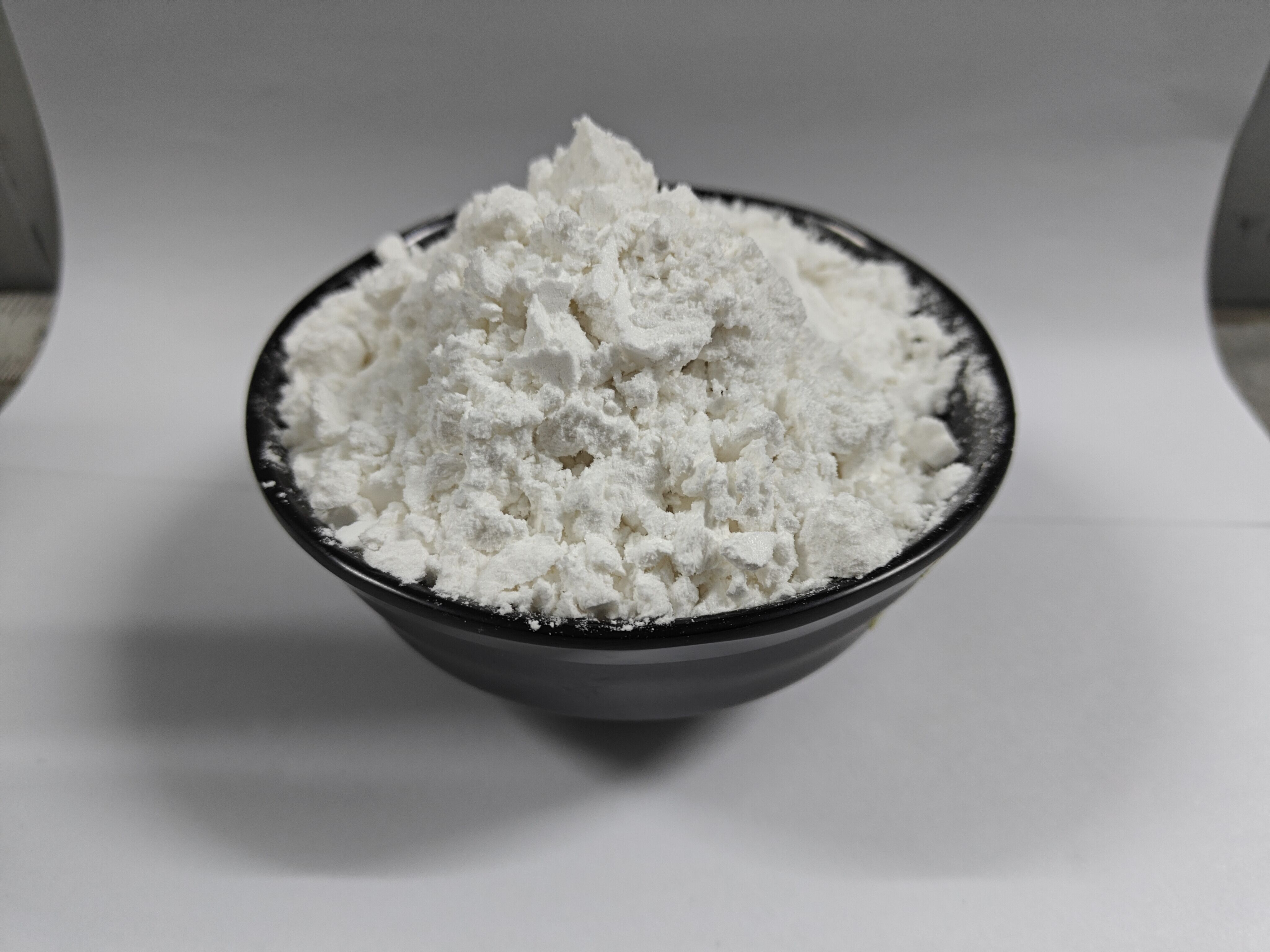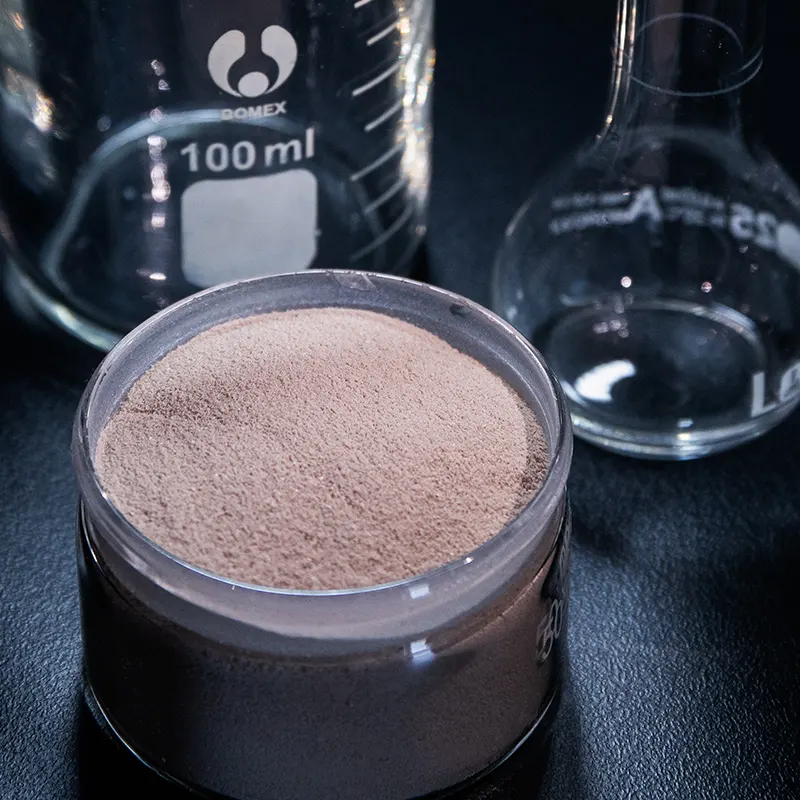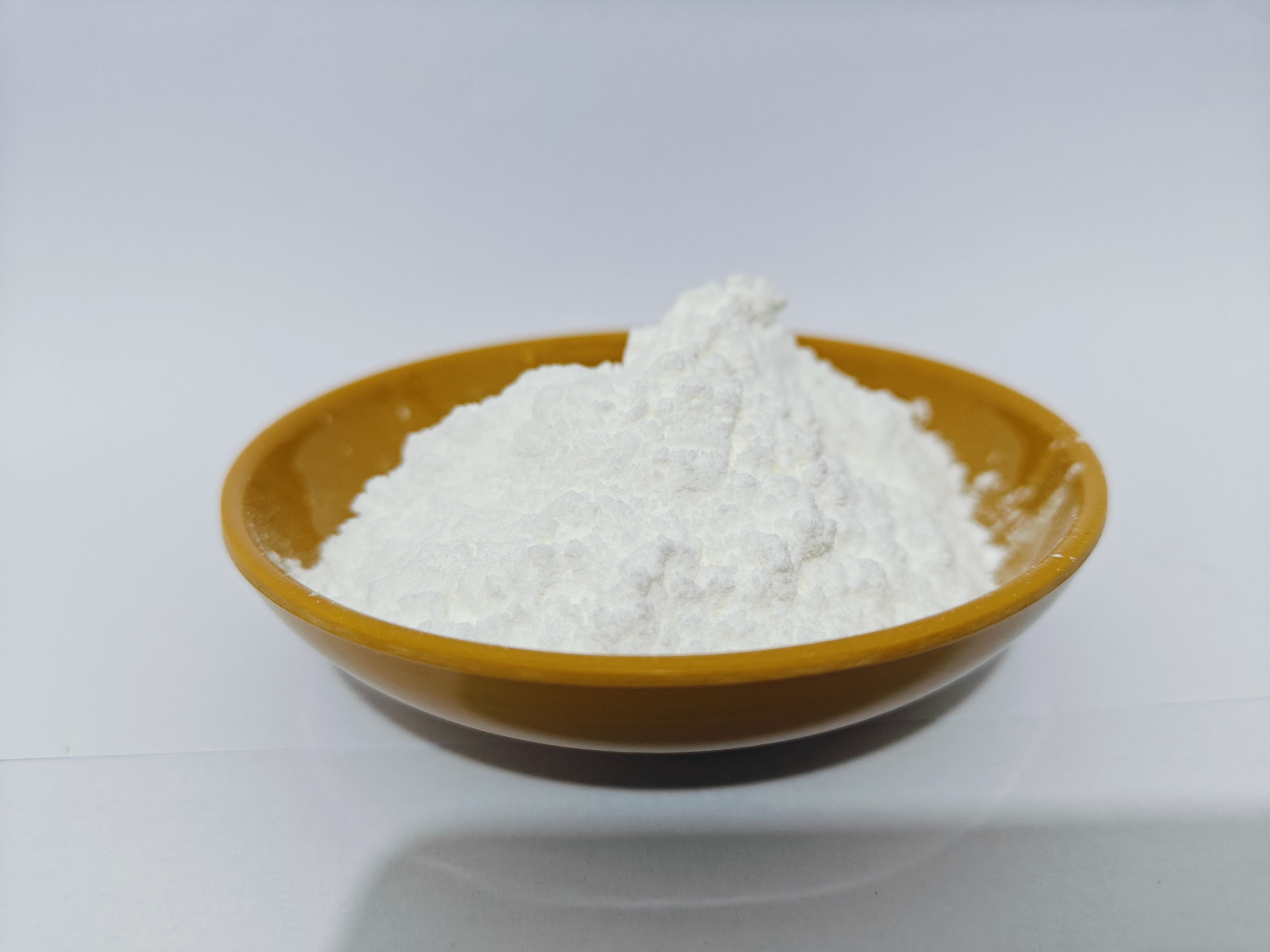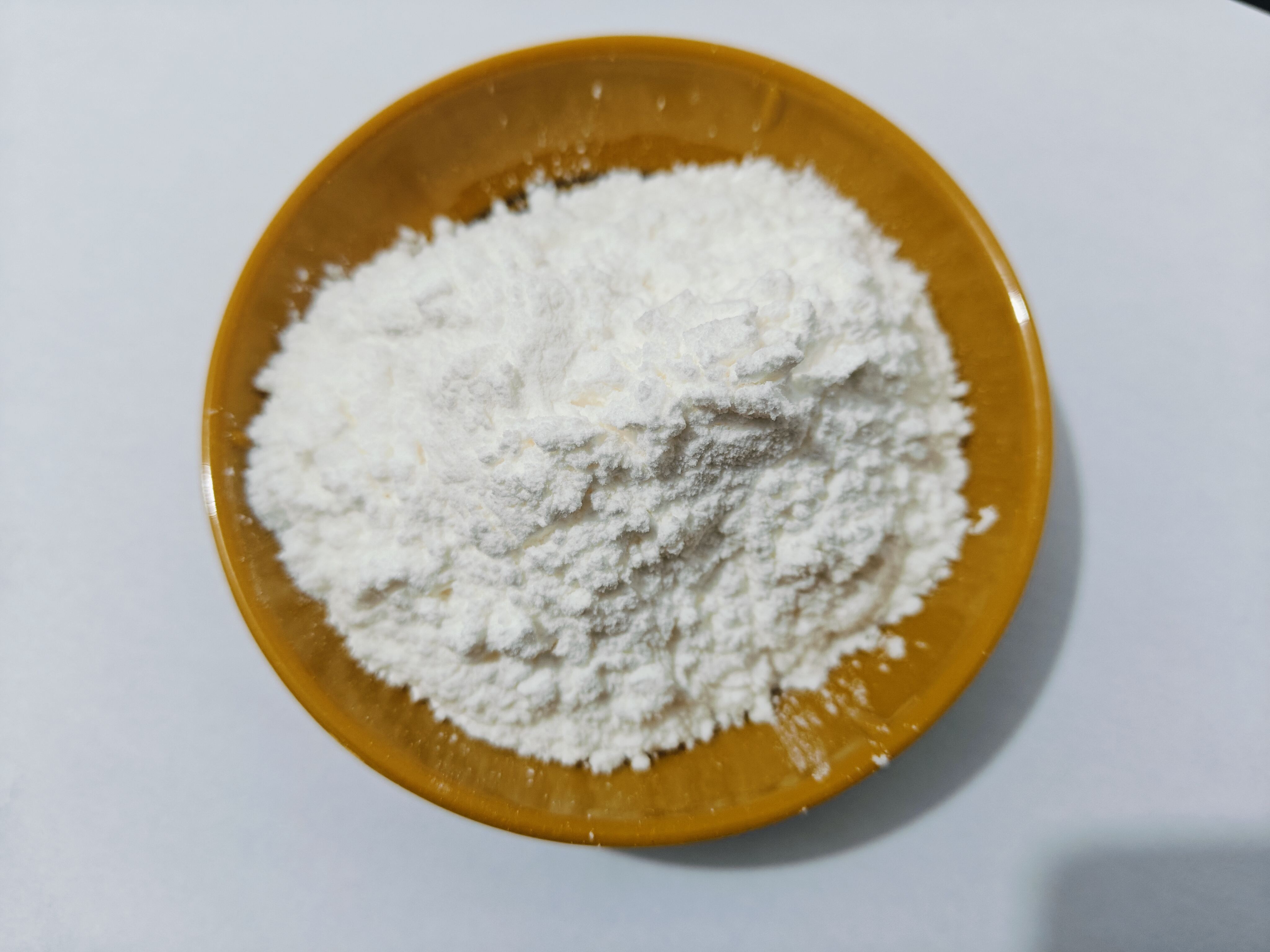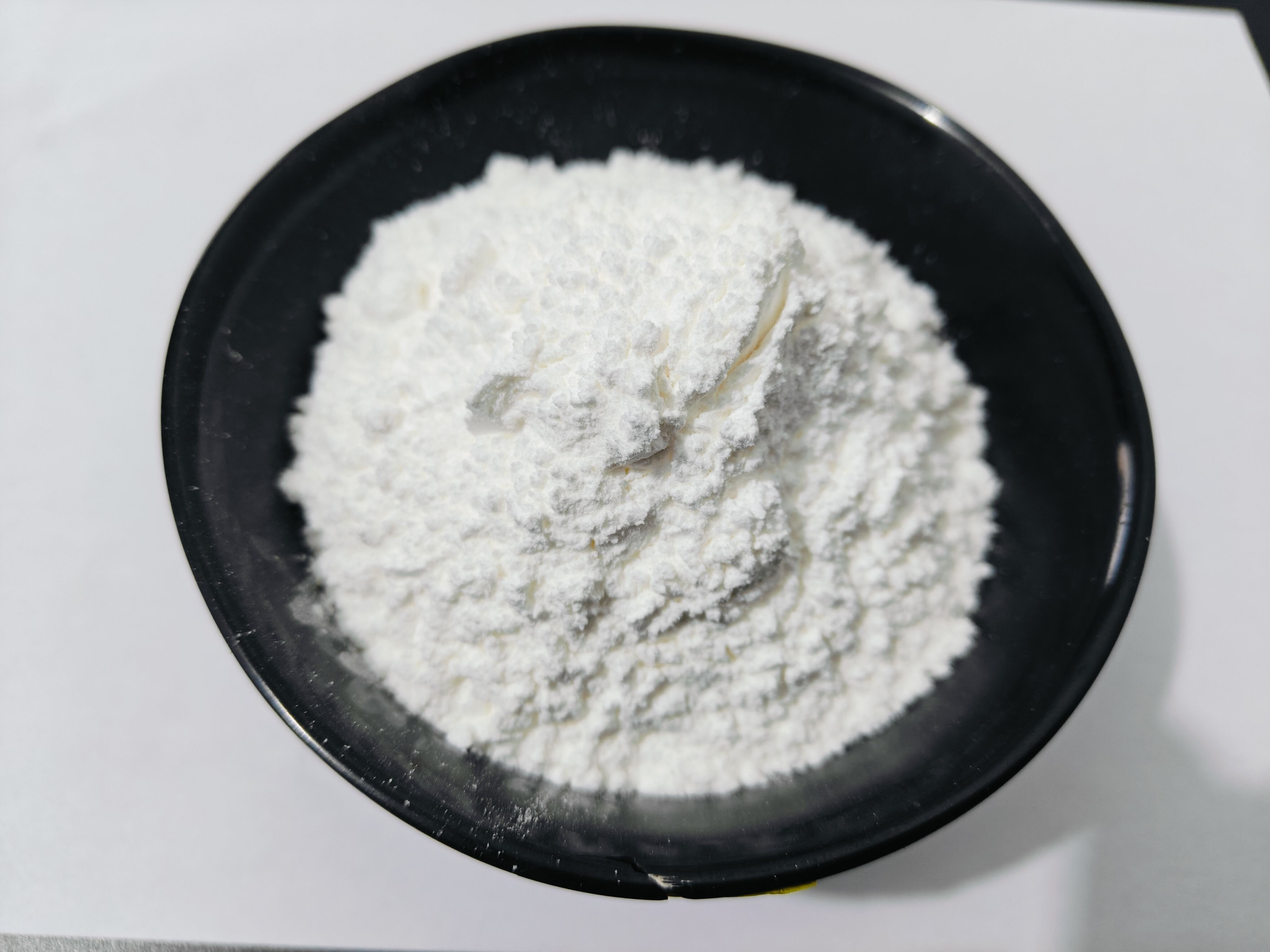metal cationimidazole salt complexes
Metal cationimidazole salt complexes represent a significant advancement in coordination chemistry, combining metal cations with imidazole-based ligands to form versatile compounds. These complexes exhibit remarkable structural diversity and stability, making them invaluable in various industrial and research applications. The formation process involves the coordination of metal ions with imidazole molecules, creating stable complexes through multiple binding sites. These compounds demonstrate unique physicochemical properties, including enhanced thermal stability, selective ion transport capabilities, and tunable electronic characteristics. In technological applications, metal cationimidazole salt complexes serve as essential components in catalysis, where they facilitate specific chemical transformations with high efficiency and selectivity. Their molecular architecture allows for precise control over reaction pathways, making them particularly valuable in fine chemical synthesis. Additionally, these complexes find applications in materials science, serving as building blocks for metal-organic frameworks, functional materials, and advanced electronic devices. The versatility of these compounds extends to their use in electrochemical applications, where they function as electron transfer mediators and ionic conductors. Their ability to form well-defined structures with predictable properties has led to their incorporation in various technological solutions, from energy storage systems to selective separation processes.

